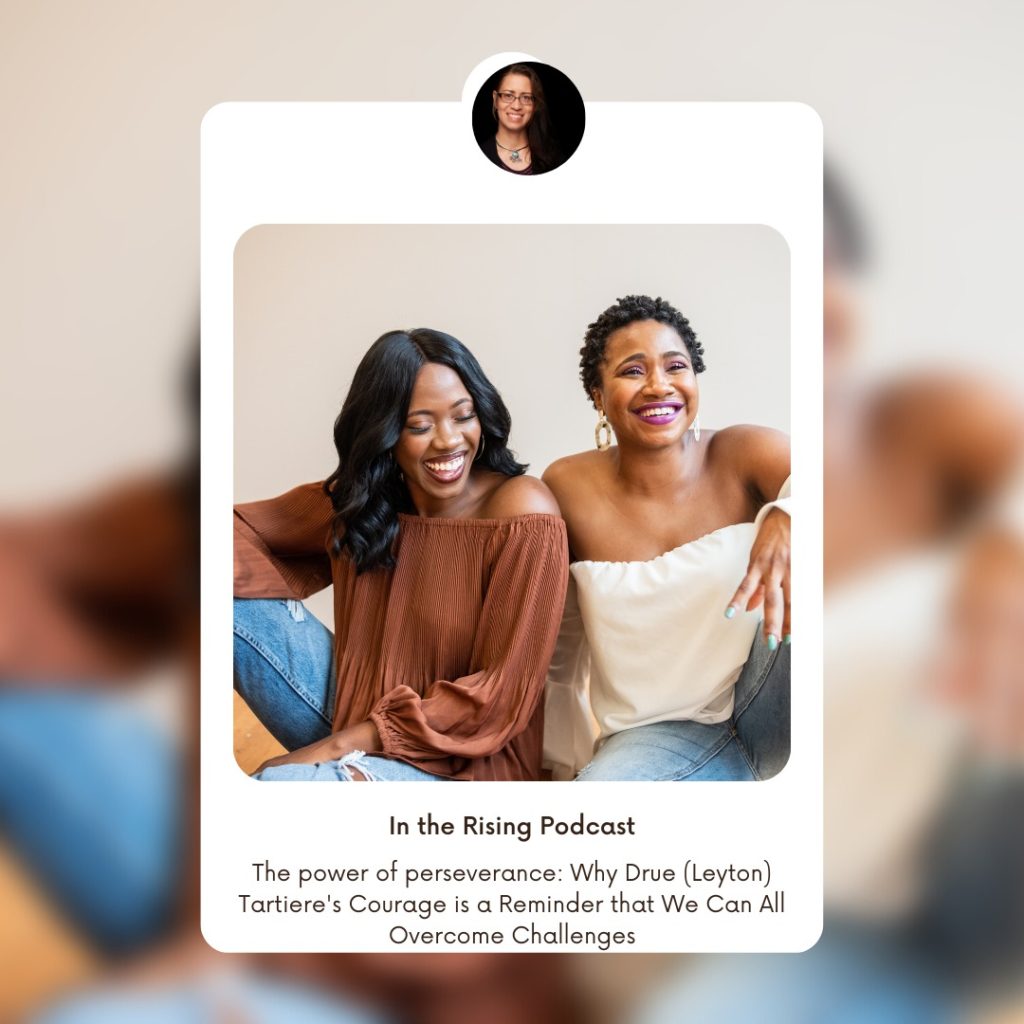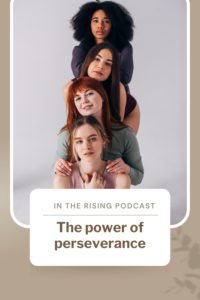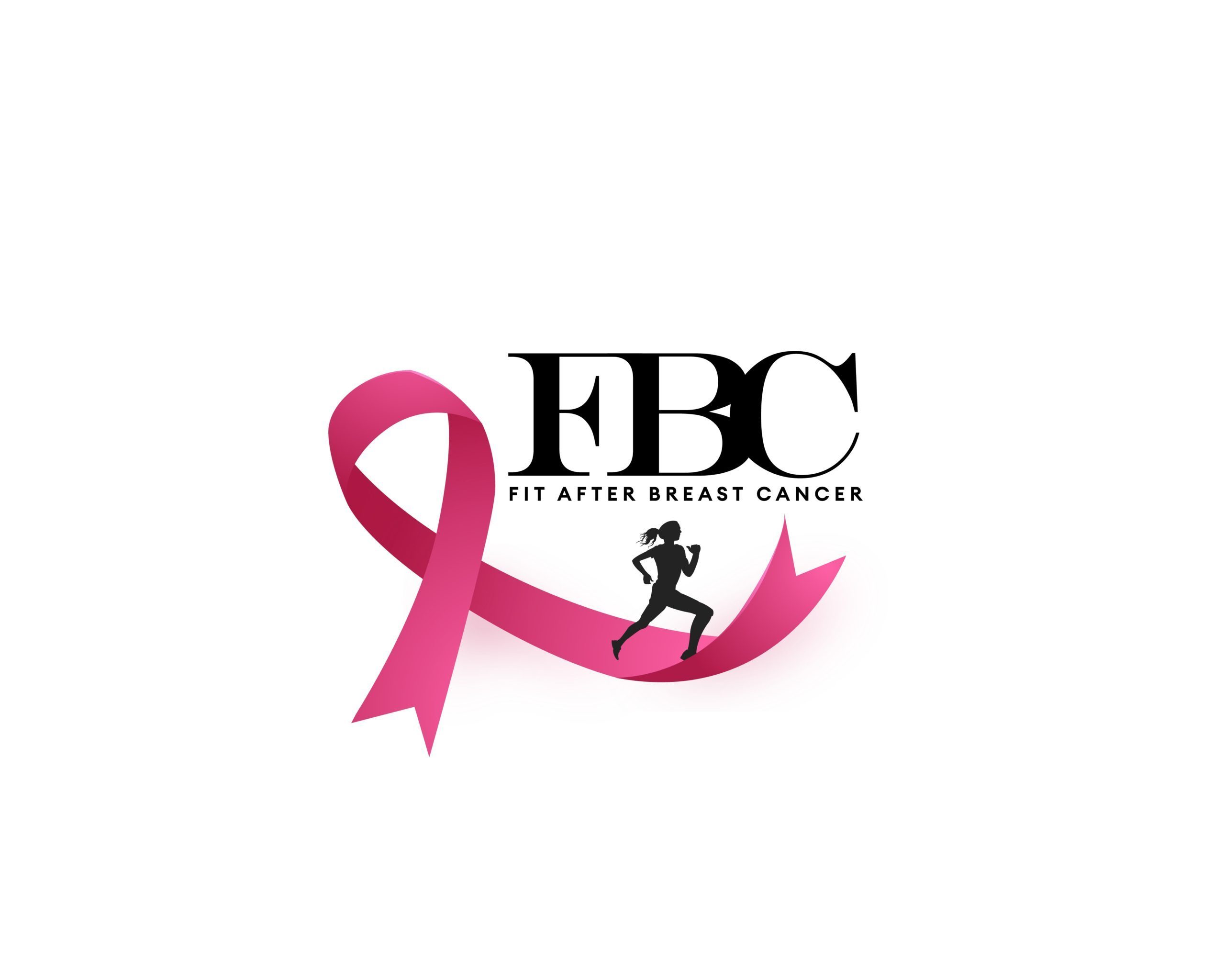Courage in the face of adversity is something that we can all strive for in our lives. We all face difficult situations that require us to be brave and strong. It can be hard to find the courage to face our fears and challenges head on, but it is essential if we are to make it through. One example of courage in the face of adversity is the story of Drue Layton, an American actress living in France during World War II.
Layton was determined to stay in France and be close to her husband despite the dangers of war. She took on a job as a radio broadcaster, sharing news of what was happening on the continent of Europe to an American audience. Despite the risk of being put on a hit list by the Gestapo, Layton was determined to do her part to help her adopted country.
Layton’s courage and dedication to her adopted country is an inspiring example of how we can all face our fears and challenges. We can draw strength from her example and use it to face our own struggles. Her story is a reminder that no matter how difficult the situation, we can find the courage to persevere.
Layton’s story is a testament to the power of courage. It is a reminder that no matter how difficult the situation, we can find the courage to persevere. With courage, we can all face our fears and challenges and come out stronger on the other side.
“The more I dug into her life, the more I knew I had to try to write her story.”
-Jane Healy

The Human spirit is unbreakable.
Layton was a strong woman with a strong personality. She had to be tough to survive in Hollywood, especially in the 1940s. Her story is one of resilience and determination. Even in the face of extreme adversity and danger, she was able to find the courage to keep going. She was passionate about her marriage and her adopted country, and she was determined to fight for what was right.
Layton’s story is a reminder that the human spirit is unbreakable. No matter how difficult the situation, we can find the courage to keep going. We can choose to be brave and face our fears and challenges. We can choose to stand up for what is right and fight for what matters. We can choose to believe in ourselves and our ability to overcome any obstacle.
“She had moxie. She was like, you know, she had like she was just like tough, tough and feisty and had total moxie.”
-Jane Healy
Layton’s story is a reminder that we are never alone. We can draw strength from those around us, whether it is friends, family, or even strangers. We can find support and inspiration from those who have gone before us and those who are facing similar struggles. We can find strength and courage in the stories of those who have overcome their own challenges.
Layton’s story is a reminder that courage is a choice. We must choose to be brave and to face our fears and challenges. We must choose to believe in ourselves and our ability to overcome any obstacle. We must choose to stand up for what is right and fight for what matters. We must choose to be courageous and to never give up.
The human spirit is unbreakable. No matter how difficult the situation, we can find the courage to keep going. We can choose to be brave and to face our fears and challenges. We can choose to believe in ourselves and our ability to overcome any obstacle. We can choose to stand up for what is right and fight for what matters. We can choose to be courageous and to never give up. Layton’s story is a reminder of the power of courage and the strength of the human spirit.
Share to make an impact
We can also choose to share our stories and experiences to make an impact. By sharing our stories, we can help others who are facing similar challenges. We can provide hope and inspiration to those who need it most. We can provide encouragement and support to those who are struggling. We can provide a safe place for others to express themselves and to be heard. We can provide a platform for others to share their stories and experiences. We can provide a network of support for those who are in need. We can provide a sense of community and belonging for those who are feeling isolated and alone.
Sharing our stories can also help us to heal. By expressing our thoughts and feelings, we can begin to process our experiences and move forward. We can find strength in our stories and use them to build resilience. We can use our stories to inspire others and to create a better future. We can use our stories to create positive change and to make a difference in the world.
When we share our stories, we can make an impact. We can make a difference in the lives of others. We can help to create a better world for everyone. We can use our stories to bring people together and to create a sense of unity and connection. We can use our stories to spread hope and to provide support for those in need. We can use our stories to create a brighter future for all.

So let us take the time to share our stories. Let us use our stories to make an impact. Let us use our stories to create a better world for everyone. Let us use our stories to bring people together and to provide support and encouragement for those who need it most. Let us use our stories to spread hope and to create positive change. Let us use our stories to make a difference. You can listen to Drue’s story here, or read the transcript below.
If you are interested in the breast cancer toolkit, a way to move forward during or after breast cancer treatment, check it out here =)
In Good Health,

[Transcript] The power of perseverance: Why Drue (Leyton) Tartiere’s Courage is a Reminder that We Can All Overcome Challenges
00:00 Bettina M Brown, In the Rising Host: Hello and welcome to In the Rising, a health and wellness podcast for those going through and those supporting those going through cancer. My name is Bettina Brown and I’m board certified in physical therapy, wound care and lymph edema. And you know, for me, cancer is very personal. It’s affected my friends, my immediate and my not so immediate family. And therefore I created this podcast and fit after breast cancer.com to address the multiple dimensions of our lives during and after recovery. And today I would love to share a story about courage and really pulling courage from deep, deep down in an experience and a life event that you don’t really expect. And though this is not about someone who’s going through cancer, it is someone who’s gone through war. And since often cancer is described as a battle and you are a cancer survivor and then turning into a cancer thriver, it is important to talk about your own battles and your own struggles. We use our language differently, but sharing the story of how people and how one particular woman overcomes her story of going through World War Two as an American actress living in France, who then shares what is going on in Europe with the United States and becomes on the hit list of the Gestapo. At the end of our conversation, I have one powerful quote for you and how this relates to recovery. Tune in for that. Welcome, Jane, to In the Rising podcast. I am really excited to be with you today.
02:01 Jane Healy And thank you just so much for spending time with me. Oh, I’m thrilled to be here, Bettina. Thank you so much for having me.
02:07 Bettina M Brown, In the Rising Host So you are an author and you write good books. And I’m going to say you do because I just read this one and I have the last few pages I couldn’t stay up any longer.
02:18 Jane Healy Oh, thank you. I’m so glad you enjoyed it.
02:24 Bettina M Brown, In the Rising Host Oh, yeah. Yeah. And you share a book and this is your new book, Good Night from Paris. And you’re talking about a woman who really has risen. This is a true story. And it’s about Drew Layton.
02:38 Jane Healy And I would like to start off with how and why did you pick her as a topic to write about? Well, I think she is, first of all, a great topic for your podcast. She fits the profile for sure. She is one of these lesser known women in history that was just extraordinary. And I first learned about her when I was researching my last book, which was also World War II, called The Secret Steelers. And I read about this group of American ex-patriot women who, after Pearl Harbor, were rounded up and arrested and placed in a zoo outside Paris. And their family and friends had to pay five francs to gain admission to the zoo and yell over the fence to talk to them. And one of them was this American actress, Drew Layton. And I was like, how extraordinary. First of all, American women in a zoo? Like, what is that all about? I never heard of that. But then this woman who had lived this really extraordinary life over the course of the war. And the more I dug into her life, the more I knew I had to try to write her story.
03:45 Bettina M Brown, In the Rising Host Yeah. And I think that’s important because in writing that story, you bring to life how much courage people have and how much change you can make. And not everyone knows about it, right?
03:58 Jane Healy Yes. Yeah, absolutely. And, you know, she was living kind of a posh life as a Hollywood actress in the 1930s. She was and she was a star on the rise. She was known for the Charlie Chan films. She played the blonde sidekick in several Charlie Chan films. And then in 1937, she was performing on Broadway and met Jacques Tartier, the love of her life. And that changed the trajectory of her life. She married him and they moved to Paris in 1938, just before the war was starting for France. And he had to go off to war. And then she was like, what am I going to do? Her family wanted her to go back to America for a while. And she said, no, this is my adopted home. I want to be close to where my husband is. So she took this job as a radio broadcaster, sharing news of what was happening on the continent of Europe to an American audience. And she became so good at it that the Germans put a bounty on her head. They said, when we when we take over France, when we occupy France, we are going to execute Drew Layton. And she still kept going, which is unbelievable, too.
05:08 Bettina M Brown, In the Rising Host And I think let’s focus first on that. She could have had the easy route and just go back to America. Not this was easy here either at some point. But I also like that you emphasized things were already starting in 1939. I think we focus on 41 because that’s when the United States came into it. But this is this was already a process for a long time. And not only did she love her husband, but she took on him and his country and his people to herself and took responsibility for that. That is a lot of courage and that’s a lot of dedication.
05:43 Jane Healy It is it really is. I think she she felt compelled to do something to help her adopted country, to support her husband. She you know, he even wanted her to go back to America. He was worried about her safety before, you know, because he knew occupation was was just around the corner. But she refused. She was very strong personality, strong woman. I think, you know, her years in Hollywood had definitely toughened her up because I think Hollywood’s tough for women always, but especially back then. So so, yeah, she was she was a feisty, strong woman.
06:19 Bettina M Brown, In the Rising Host I would like because we can’t talk to Drew because she would have been 120 now. How would you say, you know, as you read about her and learned about her, how did that affect you personally?
06:30 Jane Healy You know, this one, this was a challenging book to write. This is my fourth novel. But, you know, this is biographical fiction. My other protagonists in my other novels, main characters were based were completely made up fictional people. But this one, Drew is the main character. It’s told from her perspective. So and it was really important for me to honor her story and her voice. So, you know, I did a ton of research and you’ll see when we finish the book, the author’s notes in the back are like seven pages long because I wanted to like kind of explain where I took liberties and where, you know, fact versus fiction. But two big sources that really helped me kind of figure out her voice and who she was were she wrote a small autobiography in 1946, which is out of print now. But I found it on eBay off a seller in the UK. It’s like the laugh. It’s like falling apart. I can’t even like hold it up because it’s like taped together. But that was hugely helpful. And then I found a collection of her letters home in the digitized in the Holocaust Museum in Washington, D.C. And so I was able to print all of those out and go through her letters and really get a sense of her voice and and I hope kind of honored who she really was as a person.
07:54 Bettina M Brown, In the Rising Host Yeah. What would you say would be two characteristics that as you dug into that, you read her own words and her autobiography, the letters she sent, what would you say would be two characteristics that she obviously embodied to rise up to this experience?
08:12 Jane Healy Oh, that’s an excellent question. I think to to come to mind, one is one word that I love that we don’t use enough anymore. She had moxie. She was like, you know, she had like she was just like tough, tough and feisty and had total moxie. And then the other is she was just passionate. She was passionate about her marriage. She was passionate about her adopted country, about fighting for what was right and being on the right side of history. So passion and moxie.
08:41 Bettina M Brown, In the Rising Host Wow. What would you say would be one thing that you came away from her when you’re looking at her and you wrote the book, you know, in her from her perspective, what would you say you came away with after your time with Drew Layton?
08:55 Jane Healy I think it’s, you know, it’s something that a theme that kind of runs through my books is, you know, women who change their minds about what is possible change can change the trajectory of their life. And I think about her, she really could have kind of taken the easy way out and she chose not to. And she, you know, she was put in these incredible circumstances and rose to the occasion each time.
09:21 Bettina M Brown, In the Rising Host Now the book is done. Good Night from Paris is out. How do you feel? I mean, you’re an author, you’re putting out this, your baby, another one into the world. How do you feel about about this whole process? This is this is already mind blowing.
09:36 Jane Healy Oh, yeah, it’s it’s you know, well, it’s I’m still kind of in that whirlwind phase, because it’s barely been out eight days, you know what I mean? So I’m still kind of trying to process it all. And tonight, I’m doing my first library presentation. So I’ve been working on like, my kind of my talk track for like the high points of the story I want to talk about without giving away too many spoilers. But yeah, it’s amazing. You know, and I’m, I’m really fortunate that I got a chance to write another novel. It’s, you know, it’s, it’s the hardest kind of work I’ve ever done, but the most rewarding. And I just feel really blessed that, you know, my readers seem to be following me along with with each novel, knock on wood. So so yeah, it’s I feel really grateful and blessed. Jane, what do you think is still on the rise for you? Like, what are you looking forward to doing? Well, you know, I’m God willing, if I can, you know, write a book and have a book get out every other year, I think that’s a that’s about as much as I can handle. I God bless these writers who can write a book a year. I don’t have that kind of stamina, honestly. And historical fiction, it’s just the research can take take a lot. You know, it’s like a whole other layer of
10:48 Bettina M Brown, In the Rising Host work. And so, so yeah, I mean, I love writing stories. So how does the story connect with how we can culminate and pull courage into our moment right now? Well, C.C. Scott said “the human spirit is stronger than anything that can happen to it.” And the story of Drue Layton Tartier is really just that the human spirit, we do not know always what we’re walking into. But we have a choice every day with how we will look at that and how we will address it. And knowing that we are not alone having to face that courage in a variety of ways. Not every story that we have to pull on or can pull on has to be medical. We can pull on the thousands and hundreds of thousands of people that have gone before us and pull from their stories. So thank you so much for listening to this today. The show notes are down below and I welcome you to leave a review and also to share this podcast because it does so much when we put it in the hands and ears of those that it can make an impact for. And until next time, let’s keep building one another up. you you you you you you you you you

